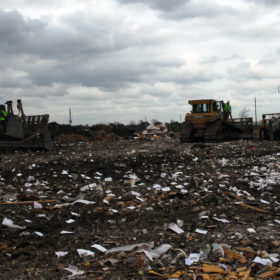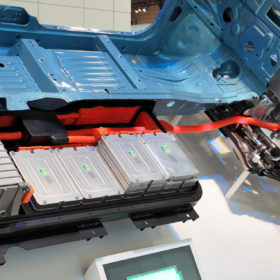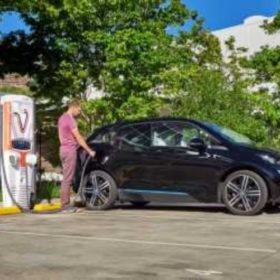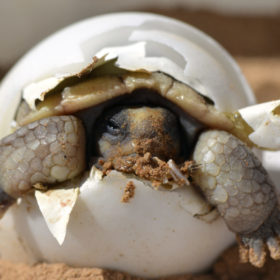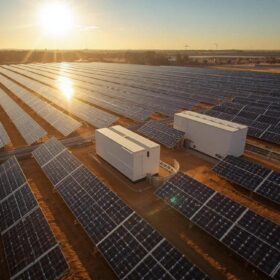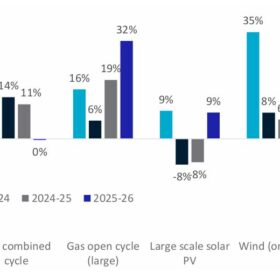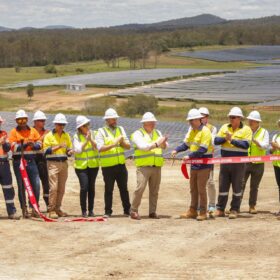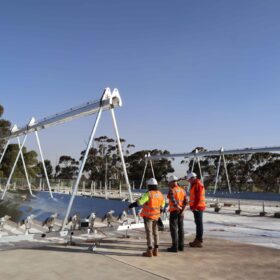Carbon accounting for beginners
A new report from Rocky Mountain Institute in the U.S. explores the need for companies to disclose information about greenhouse gas emissions throughout their supply chains, and the most effective ways to do this whilst ensuring consistency and comparability of collected data across multiple industries.
Jinko claims US trade commission has dismissed Hanwha patent infringement claim
The Chinese manufacturer this morning said the International Trade Commission had agreed with the initial determination issued by an administrative law judge in April, that Jinko and peers Longi Solar and REC Group had not infringed its solar cell passivation technology.
PV plants lasting longer, with lower operational costs
Solar plants are now expected to last 32.5 years and have operational costs of $17 per kW/year, as shown by a Berkeley Lab survey of industry participants.
Solar could hold advantage in post-pandemic global energy sector
The International Energy Agency has acknowledged dramatic falls in energy investment caused by the Covid-19 crisis but said renewables, including PV, offered an attractive proposition to investors as the dust settled, given their enticing economics and short turnaround times.
Renewable energy in the US surpassed coal for first time in more than a century
The coal era is officially over in the United States. Not since 1885, when coal replaced wood, have renewables taken the lead.
It may be safe to put PV panels in landfills, but that doesn’t mean we should
According to a new report from the International Energy Agency (IEA), health risks from lead in crystalline silicon PV panels are one order of magnitude — or about one-tenth — below the risk levels set by the U.S. Environmental Protection Agency.
Used EV batteries for large scale solar energy storage
MIT scientists have suggested used electric vehicle batteries could offer a more viable business case than purpose-built systems for the storage of grid scale solar power in California. Such ‘second life’ EV batteries, may cost only 60% of their original purchase price to deploy and can be effectively aggregated for industrial scale storage even if they have declined to 80% of their original capacity.
Tritium smooth another barrier to EV adoption with “Plug and Charge”
Homegrown fast-charging technology company Tritium has launched “Plug and Charge,” a seamlessly simultaneous way to charge your electric vehicle and pay for the pleasure.
Giant 690-MW Gemini solar project near Las Vegas on BLM land gets the go-ahead
Historic, archeological, and environmental issues have been mitigated. About 70 desert tortoises are being relocated during construction — and the project is full-speed ahead for developers Arevia Power and Solar Partners XI.
EVs, platform of the future
U.S.-based Bollinger Motors revealed its patent-pending E-Chassis platform last month, a demonstration that the platform from which commercial fleets can transition to EVs is EV platform-technology itself.





